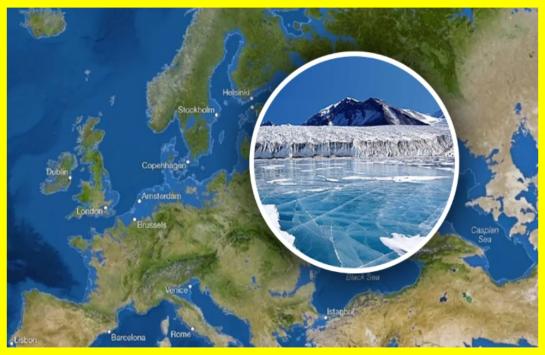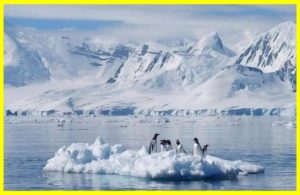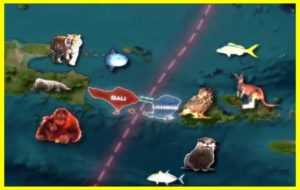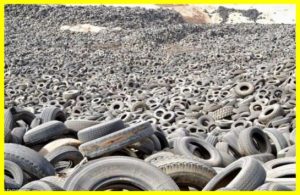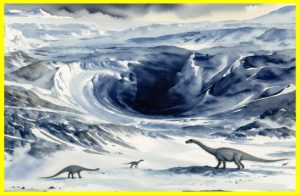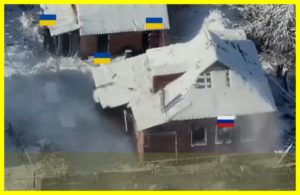By 2050, the world will lose a third of the glacial mass
It became known that an international group of scientists conducted a large-scale analysis of the consequences of the rapid melting of glaciers.
Based on 160 scientific papers, experts have concluded that this process is already causing irreversible changes in ecosystems around the world.
The new study was published in the scientific journal Nature Reviews Biodiversity.
It is known that glaciers containing ice thousands of years old serve as a special indicator of the health of the planet.
By 2050, the world will have lost a third of its glacial mass, threatening the existence of thousands of specialized species that have evolved to live in these conditions.
The melting of glaciers is causing a cascade of environmental problems, from changing ocean currents and rising sea levels to the destruction of local ecosystems.
The fate of freshwater resources is of particular concern – three quarters of the world’s reserves are stored in glaciers.
Their rapid melting disrupts water security, threatening both people and unique aquatic species.
Scientists emphasize that specialized species are being replaced by universal ones, which leads to the impoverishment of biodiversity.
